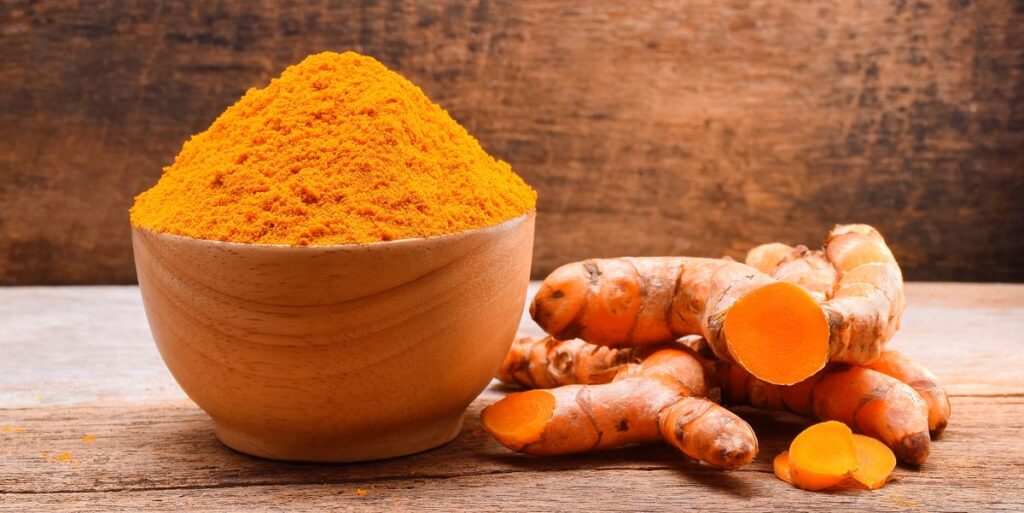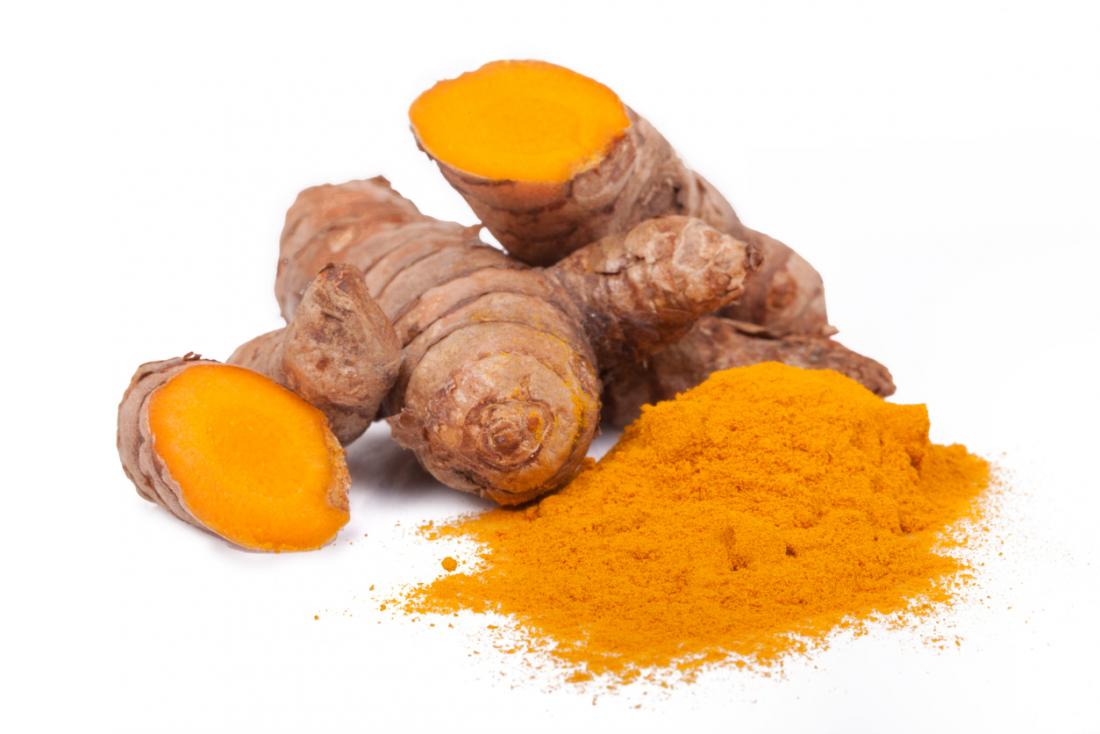Turmeric, sometimes known as Indian saffron or the golden spice, is a tall plant native to Asia and Central America. The ground plant roots used to make the turmeric that can be found on shelves and in spice cupboards. Many cultures have used processed turmeric as a dye because of its vivid yellow color. Curry powder also contains a significant amount of ground turmeric.
Some of the commercially available turmeric products include capsules, teas, powders, and extracts. The primary biologically active component of turmeric is called curcumin. Turmeric is suggested for a number of medical issues by the traditional Indian medical system known as Ayurveda. These include inflammation and persistent pain. Western medicine has started researching the healing and painkilling properties of turmeric.
This article investigates the nutritional value of turmeric, potential health benefits, and potentially unfavorable side effects.
Food Value of Turmeric
The powdered form of turmeric has a powerful nutritional impact. One tablespoon (tbsp) of turmeric powder comprises, according to the National Nutrient Database of the United States Department of Agriculture (USDA) contains:
- 29 calories
- 0.91 grams (g) of protein
- 0.31 g of fat
- 6.31 g of carbohydrates
- 2.1 g of fiber
- 0.3 g of sugar
Exactly the same 1-tbsp serving offers:
- 26% of daily manganese requirements
- 16% of your daily iron needs
- 5% of your daily potassium
- 3% of the recommended daily vitamin C
Including Turmeric to one’s Diet
Turmeric is a very adaptable spice that can be used in a variety of ways, such as:
- Including turmeric in spice blends like curry or barbecue sauce
- Making a homemade dressing with turmeric, vinegar, and equal parts oil and seasonings
- By including turmeric, you can change up your go-to marinades.

Alternately, try these nutritious and mouthwatering dishes created by licensed dietitians:
- Mason jar lentil salad
- Cumin-lime turmeric vinaigrette
- Mango turmeric smoothie
- Turmeric milk
- Gold rush soup
Additionally, tinctures, fluids, extracts, and capsules containing powdered turmeric are offered as dietary supplements. Turmeric is frequently mixed with bromelain, a protein extract from pineapples, in these products because it improves the benefits and absorption of turmeric.
To make sure supplements are safe for you to consume, see a doctor before taking any.
Beneficial Impacts
In addition to being a tasty and healthy spice, turmeric has long been used in Ayurvedic and Chinese medicine to treat liver problems, wounds, digestive problems, and inflammatory illnesses.
Inflammatory-reducing Properties
According to multiple research cited by the Arthritis Foundation, turmeric has an anti-inflammatory effect. This anti-inflammatory property could lessen the irritation that arthritis sufferers experience in their joints. The organization advises consuming 400–600 mg of turmeric in pill form up to three times day to reduce inflammation.
Pain Alleviation
Pain relief is one of the benefits of turmeric. The spice is also said to ease arthritis discomfort. Studies seem to support the use of turmeric for pain management; one study found that it appeared to be just as effective as ibuprofen (Advil) in treating knee arthritis. Those who took part in the study consumed 800 mg of turmeric daily in capsule form, despite the fact that dosage recommendations appear to vary.
Enhancing Liver Performance
Turmeric’s antioxidant effects seem to be so potent that they may prevent toxins from harming your liver. This might be a good thing for those who take potent medications for diabetes or other medical disorders that could harm their liver over time.
Decreasing the Potential Risk of Cancer
Cancer treatment using curcumin appears to have promise. According to studies, it may have a preventive effect against multiple myeloma, prostate cancer, and pancreatic cancer.
Digestion
Curry powder contains turmeric because it enhances food flavor. However, turmeric can also be quite helpful in the digestion of that food. A healthy digestive system might benefit from the spice’s antioxidant and anti-inflammatory effects.
Ayurvedic medicine use turmeric as a digestive healer. Western medicine is just now starting to research how turmeric can reduce gut permeability and inflammation, two indicators of how effectively the digestive system is working. Even the possibility of using the spice as a therapy for IBS is being investigated.
Read more on the benefits of turmeric here
Possible Side Effects of Turmeric
While turmeric may provide certain health benefits, there are also some concerns that should be taken into account before ingesting significant doses.
Stomach Churning
When consumed in large doses, the same components of turmeric that promote digestive health also irritate. Due to the detrimental effects on their digestion, some participants in studies looking at the use of turmeric for cancer treatment had to withdraw.
Gastric acid production in the stomach is stimulated by turmeric. While some people benefit from this, it can have a negative impact on others’ digestion.
Blood-thinning Properties
The astringent qualities of turmeric may also cause easier bleeding. It’s unknown why this is. The way turmeric behaves in your blood may be related to other benefits that have been reported, such lowering cholesterol and blood pressure. Avoid taking heavy dosages of turmeric if you use blood-thinning medications like warfarin (Coumadin).
Encourage Contractions
You may have heard that consuming curry-flavored foods might induce labor. Although there isn’t much scientific evidence to support this assertion, research have suggested that turmeric may help with PMS symptoms.
Due to its blood-thinning effects, pregnant women should refrain from taking supplements containing turmeric. Small amounts of turmeric used as a spice in meals shouldn’t have any negative health effects.
Takeaway
It seems that incorporating turmeric in your diet has health benefits. The golden spice can help with digestion, pain relief, and immune health, among other things. However, some people might decide against taking turmeric due to some of its negative effects.
When choosing if you should try turmeric, it’s crucial to proceed with caution. Before using turmeric to address any health condition you have, as with any alternative medicine, consult your doctor.
Check out Uses and Benefits of Coconut Milk
